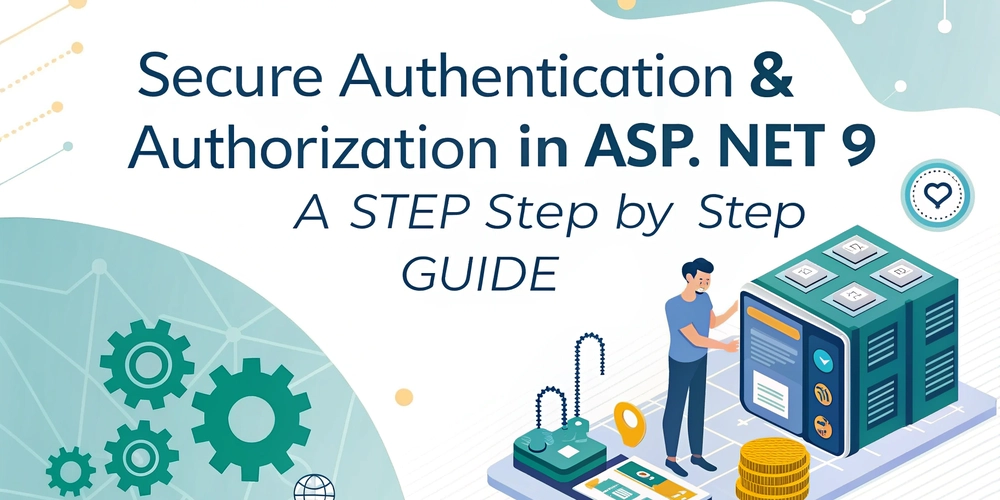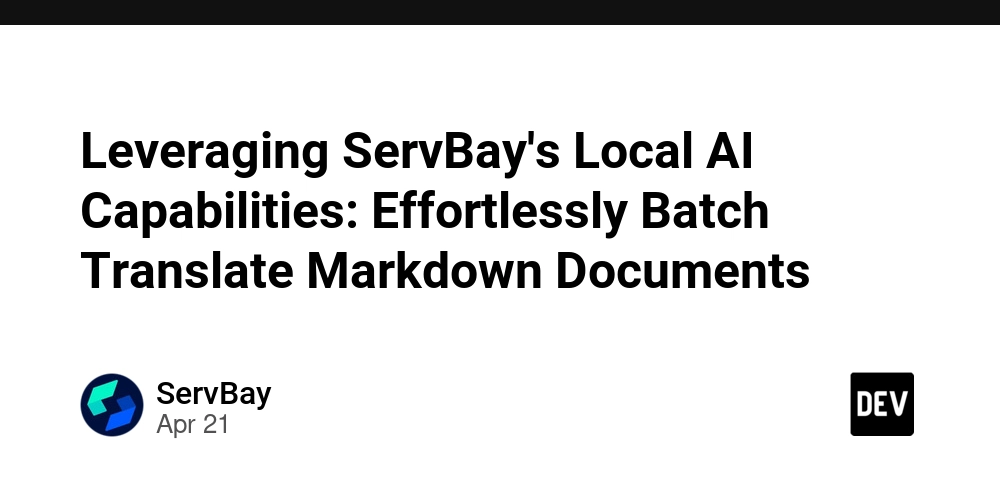
Master Secure Authentication and Authorization in ASP.NET Core 9.0: A Practical Guide
Are you ready to fortify your ASP.NET Core 9.0 applications with ironclad security? This guide provides a deep dive into implementing robust authentication and authorization, ensuring your web apps and APIs are protected from unauthorized access. We'll cover everything from setting up authentication schemes to defining fine-grained authorization policies.
Why Secure Authentication Matters in ASP.NET Core
Authentication confirms user identity, while authorization dictates what an authenticated user can access. In ASP.NET Core, robust authentication and authorization are non-negotiable for building secure and trustworthy applications. Let's explore how ASP.NET Core 9.0 simplifies these crucial aspects of development.
What's Radically New in ASP.NET Core 9.0 Authentication?
ASP.NET Core 9.0 introduces several enhancements to streamline security and improve the developer experience:
- Simplified Configuration: Reduced boilerplate code in
Program.csfor cleaner setups. - Built-In Secure Defaults: Enforces HTTPS, strict
SameSitecookie mode, and rigorous token validation right out of the box. - Endpoint-Level Authorization: Granular
RequireAuthorizationwith policy chaining for Minimal APIs. - Improved Dependency Injection for Custom Handlers: Custom handlers can now directly request scoped services, enhancing the power and flexibility of your authorization policies.
These improvements make implementing secure authentication in ASP.NET Core easier and more effective.
Setting Up Rock-Solid Authentication in ASP.NET Core 9.0
Let's start configuring your authentication services within Program.cs:
This code snippet configures both JWT Bearer and Cookie authentication schemes, providing flexibility for different application needs.
JWT Bearer Authentication: Securing Your APIs
JWT (JSON Web Token) Bearer authentication is ideal for securing APIs. Here's how to issue and validate tokens:
- This endpoint generates a JWT upon successful user validation. The token includes claims like username and role, and it's signed using a secret key. This is a fundamental step in ASP.NET Core API security.
Cookie Authentication: For Traditional Web Applications
Cookie authentication is well-suited for server-rendered applications or scenarios requiring protection against Cross-Site Request Forgery (XSRF) attacks:
This code snippet demonstrates how to create a cookie-based authentication flow, setting the stage for secure user sessions in ASP.NET Core.
Configuring Powerful Authorization Policies
Authorization policies define access rules based on user roles, claims, or custom logic. Configure these policies in Program.cs before building the app:
- The
"AdminOnly"policy requires the user to be authenticated and have the "Admin" role. - The
"Over18"policy requires a "DateOfBirth" claim and uses an assertion to verify the user is at least 18 years old.
For complex authorization scenarios, create custom authorization handlers:
Securing Minimal APIs and MVC Endpoints
After configuring authentication and authorization middleware (app.UseAuthentication(); app.UseAuthorization();), apply your policies to Minimal APIs and MVC controllers:
Minimal API Example:
MVC Controller Example:
These examples demonstrate how to protect specific endpoints and controller actions using the defined authorization policies.
Ironclad Authentication Best Practices
- HTTPS Everywhere: Enforce
app.UseHttpsRedirection()to encrypt all communication. - Short-Lived Tokens & Refresh: Limit exposure if a token is compromised.
- Secure Cookie Flags: Use
HttpOnly,Secure, andSameSite=Strictfor cookies. - Validate Inputs & Claims: Never trust unvalidated data from users.
- Centralize Policy Definitions: Maintain authorization rules in a single, manageable location.
- Monitor & Log: Track failed login attempts, token validation errors, and policy denials.
Conclusion: Elevate Your ASP.NET Core Security Game
By implementing the techniques and adhering to the best practices outlined in this guide, you can build ASP.NET Core 9.0 applications with robust and maintainable security architectures. From JWT authentication in ASP.NET Core 9.0 to policy-based authorization, you now have the tools to protect your applications effectively. Stay secure and happy coding!


















![Is [X Service] Down? Reduce Support Tickets with an IT Status Page](https://media2.dev.to/dynamic/image/width=1000,height=500,fit=cover,gravity=auto,format=auto/https%3A%2F%2Fdev-to-uploads.s3.amazonaws.com%2Fuploads%2Farticles%2F4711peq7blgvbjijnfb0.jpg)




